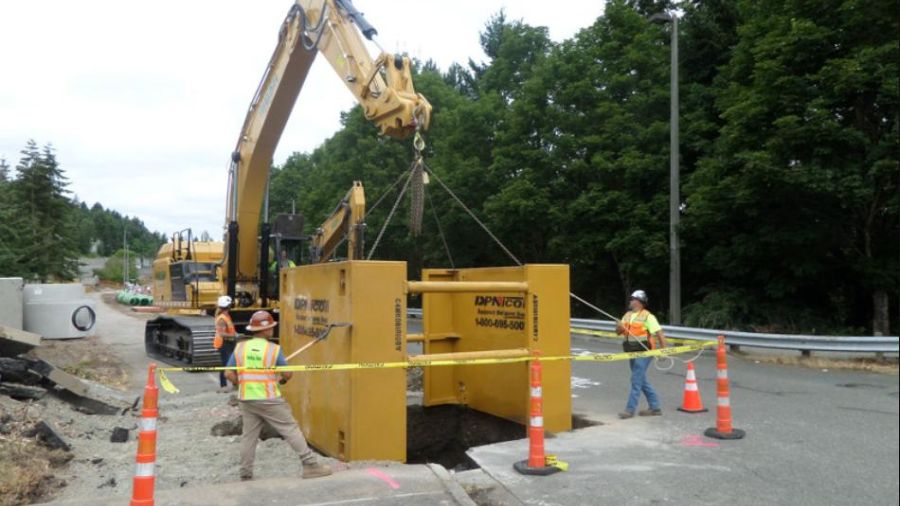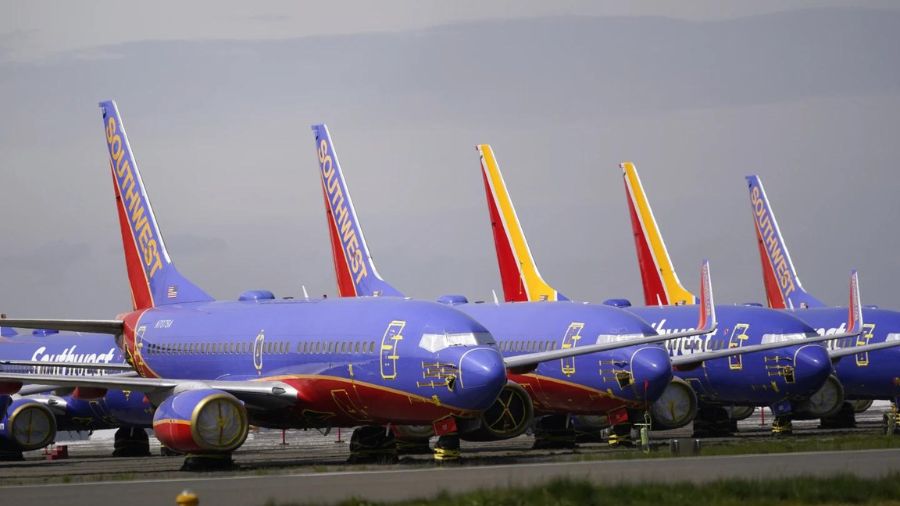Seattle economy struggles at ‘epicenter’ of coronavirus outbreak
Mar 13, 2020, 7:39 AM | Updated: 10:14 am

In this March 6, 2020 photo, the area near Pike Place Fish Market at the Pike Place Market in Seattle is nearly devoid of root traffic and crowds at the close of the day. The market, which is popular with tourists and locals alike, has seen crowds thin as some workers stay home and work remotely, and some tourists cancel trips over worry about COVID-19. (AP Photo/Ted S. Warren)
(AP Photo/Ted S. Warren)
With large events banned and much of the Seattle area staying home, the hit to local industry has been significant in the wake of the region’s coronavirus outbreak.
DSA President calls for urgent action to support Seattle businesses
“The big issue for Seattle is essentially we are the U.S. epicenter for the coronavirus,” Windermere Chief Economist Matthew Gardner told KIRO Radio. “Anyone thinking about traveling, Seattle’s probably the last place they want to go.”
In particular, that’s had the region’s hospitality, restaurant, and travel industries struggling in a big way. Restaurants have been forced to furlough staff, hotels have been empty, and airlines have been operating in a way that Gardner likens to the response to 9/11.
“Obviously tourism and travel — massive, because we are now being almost sequestered,” he described. “Business travel has gone away. People are working from home, and airlines are getting eviscerated; hotels the same way.”
That’s cascaded all the way down to other industries as well, with the Port of Seattle delaying the start to its cruise season. For each cruise ship that comes to Seattle, Gardner estimates the economic impact is roughly $4 million per boat, “and it’s risen dramatically over the course of the last 20 years.”
More than all that, though, is the impact to those working in industries where wages aren’t high to begin with, even when the economy isn’t being sent into freefall by a pandemic.
“There are massive, massive economic impacts, and it comes straight down to service industry workers, to restaurants, to hotels, to bars, to cafes,” Gardner pointed out. “It is very, very significant in an area of business where incomes aren’t that high.”
Chinatown, International District restaurants feel the pinch of coronavirus
In order to mitigate those effects, Gardner advocates for fiscal policies like offering more paid sick leave, a payroll relief tax, adequate medical care, and more.
“These are the things which can have a real impact,” he noted.












